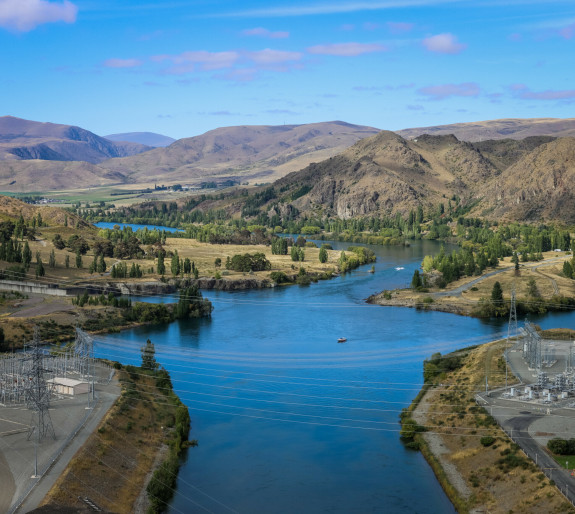Updating the regulatory settings for distribution networks
Date published 28 Feb 2023, 09:00 am
Feedback is needed on how regulatory settings can support distribution networks with the uptake of non-network solutions and flexibility services.

Consultation overview
New Zealand needs to have the right amount of renewable electricity supply in the right place, at the right time to support an efficient transition to a low emissions economy, while maintaining security, reliability, and affordable electricity for all consumers.
We can delay or replace investment in traditional network upgrades by implementing flexibility services, or non-network solutions (NNS).
Non-network solutions such as demand management and distributed energy resources can:
- unlock new possibilities in reducing peak demand, and
- help save on future grid and network investment.
The Electricity Authority's issues paper builds on the discussion paper they released in July 2021, as well as a questionnaire sent to stakeholders in March 2022. It addresses the issues identified for different aspects of the regulatory settings for distribution networks, and proposes tentative solutions for each one. The aspects covered are:
- access to data
- market settings
- capability and capacity
- operating agreements, and
- standards.
This consultation ran from 20 December 2022 to 28 February 2023.
Our recommendations
In response to this issues paper, we recommend the Electricity Authority:
- treat consumers as significant and active stakeholders in the industry
- work with parties trialling multiple-trader-relationships and peer-to-peer pilots, and investigate the merits of removing the barrier of a single customer contact at a single point of connection
- reconsider a virtual or actual centralised metering database
- work openly with other regulators to ensure that consumers receive the maximum societal benefit available in a smart and competitive electricity supply system
- ensure consumers are able to make choices about how they manage their own electricity generation
provides flexibility in regulations to enable consumers and small businesses to test or adopt beneficial innovative technologies as they become available - review the Code to ensure that the Code itself is not a barrier to consumer benefit, and provides protection to consumers to ensure that consumers receive optimal benefit from competition
- fully support new and innovative approaches that benefit consumers, to the extent of readily approving relevant exemptions and/or 'regulatory sandboxes'
- ensure that consumers who want to generate and supply power understand their obligations and the potential benefits.